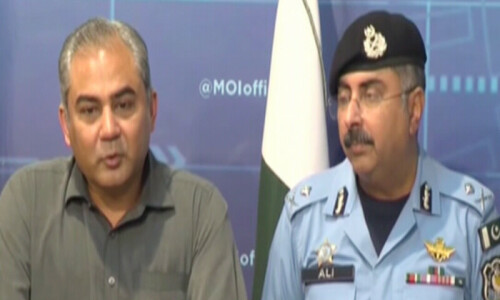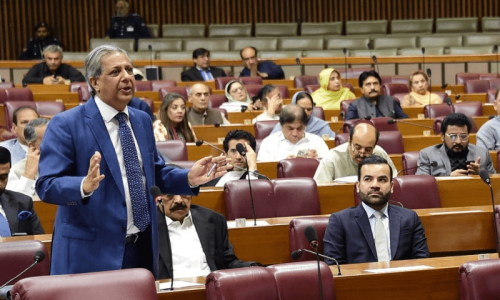LAHORE, July 15: The policymakers have decided to rely more on import of agriculture products from India and other countries to cater to certain vested interests at the cost of local farmers.
This consensus emerged among the participants in a seminar – Impact of Gas Shortage and Taxation Measures on Agriculture – hosted by Farmers Associates Pakistan (FAP) here on Friday.
Most of the speakers were of the opinion that the measures announced in the budget would increase the production cost of farming by Rs7,000 to Rs8,000 per acre. Within next one year, the entire burden would be transferred to urban consumers, turning food inflation “red-hot.”
They also protested against the government’s anti-farmer policies especially when the prices of urea in India were 397 Indian Rupees per bag (Rs754 in Pak currency) and DAP 609 Indian Rupees (equivalent to Rs1,157). They wondered as to how they could have competed in production and prices of the world market when such a great anomaly and injustice was meted out to them.
They showed concern over shortage of gas supply for fertilizer manufacturing industry which would affect the farming industry.
The participants also discussed the sharp decline of 20 per cent (year on year) in the sales of urea and 39 per cent (year on year) in case of DAP. There was a drop of three per cent in the sales of urea and 45 per cent in case of DAP on a monthly basis also. The drop in sales was attributed to the unprecedented rise of 53 per cent in the price of fertilizer products since last year.
This situation totally ignored by policymakers would certainly reflect in the productivity of the agriculture produce which would eventually fall below the demand level causing the prices to rise manifolds in near future, as was evident from the recent increase in the flour and other food items despite surplus wheat stocks.
The participants of the seminar felt that the policymakers were now determined to meet their deficit from the agriculture sector irrespective of the fate and plight of Pakistan’s economy as they have miserably failed to devise viable economic policies.
The participants belonging to farmer organisations and agro-industry discussed future plan of action to safeguard the interest of farmers particularly and Pakistan’s economy generally.
They called upon the legislators as well to take up the issue with the government and force it to refrain from such regressive measures which would eventually harm Pakistan’s food security and sovereignty. — Staff Reporter













































Dear visitor, the comments section is undergoing an overhaul and will return soon.